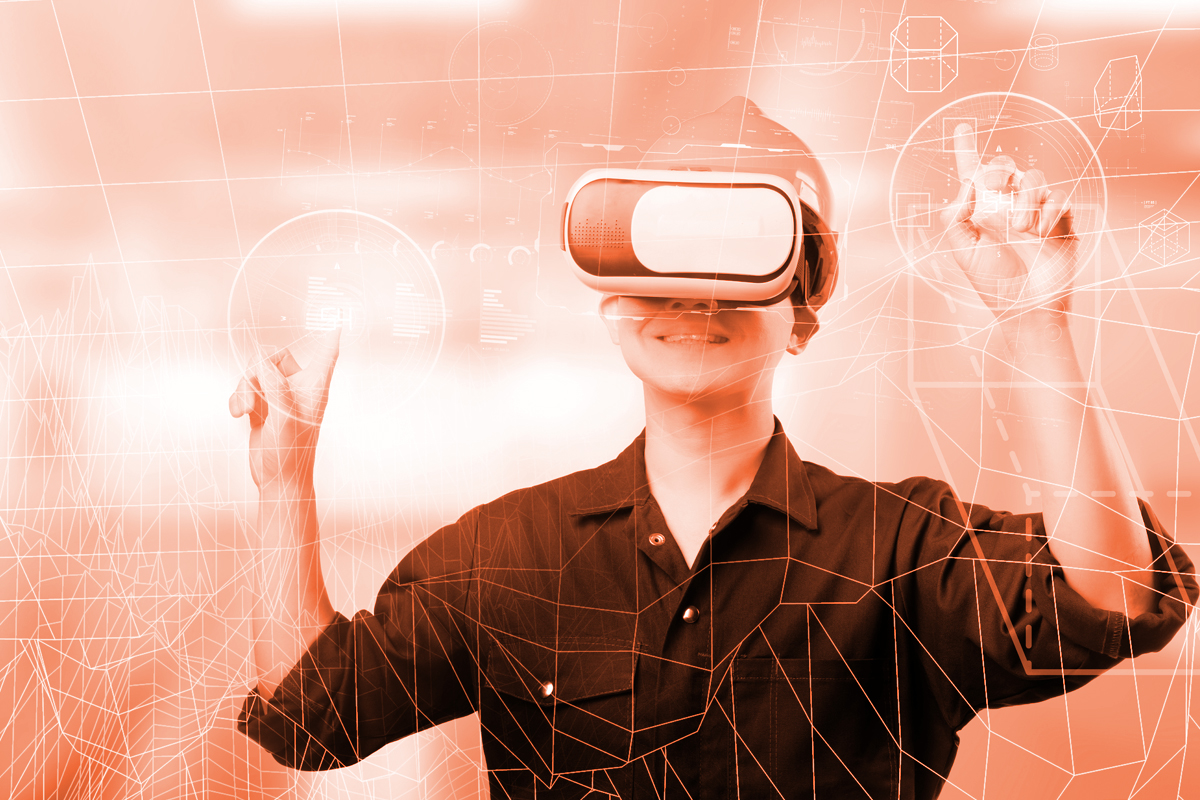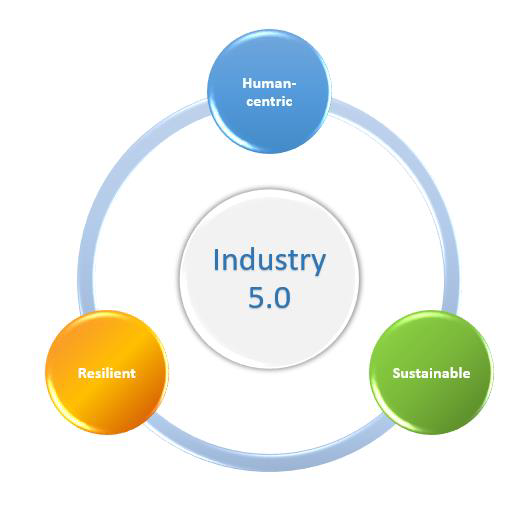A fifth industrial revolution, where for the first time technology will serve Society
Throughout Europe, the principles of Industry 4.0, a term first used in 2011 in Germany, are now reaching a certain level of maturity, but the technological transition is still an ongoing process. Despite this, the contingencies of the last period have highlighted the need to accelerate the digital transition and revise certain methodologies: thus the concept of Industry 5.0 was hypothesized.
The fifth industrial revolution however, has assumptions in the sign of continuity vis-à-vis the transition that began with Industry 4.0.
All EU member states are pushing and fostering the digitization process through tax relief initiatives. While in the early years these related more strictly to the transformation of production assets, they now extend to software more broadly, as happened in Italy with the shift to the National Transition 4.0 Plan..
The crisis born out of Covid-19 has highlighted the need to rethink many of the working methodologies, highlighted points of vulnerability in industry and the need for flexibility to deal with it. At the same time, many have questioned the role of modern industry in society: from the issue of environmental impact, from which the Green Deal was born, to the transformation of work and workers, a consequence of emerging technologies.

The need for Industry 5.0
These reflections have accelerated the European Commission to think about the principles of a fifth industrial revolution: this time, however, it is not so much new technological opportunities that are driving this need, but the need to create a 5.0 Society.
Reading through the technology categories identified by the European Union as driving Industry 5.0 in fact, one finds perfect continuity with what the now well-known Industry 4.0 has been promoting for a decade: individualized human-machine interaction, biologically inspired technologies, digital twins and systems simulation, data flow and analysis platforms, artificial intelligence and energy efficiency.
The different goal of the new industrial revolution, compared to the fourth industrial revolution, is to push these technologies not only within industry in pursuit of better production and profit conditions, but within the everyday life of all European citizens as tools for improving living conditions.
The principles of Industry 5.0

I principles of Industry 5.0 identified by the European Commission are mainly three:
- Human-centrality aims to put the human being at the heart of the production process. Machines and artificial intelligence are not a cold replacement of labor, but opportunities for transformation and growth: the question to ask is “what can technology do for us?” Not only that, the speed with which technologies are developing and being replaced forces us to see the worker as an investment, whose training must follow this trend. The workplace is defined as a “safe and inclusive” space, again emphasizing the goal of technological evolution, the mental and physical well-being of the worker.
- The sustainability to be aspired to can be summarized by the phrase “better with less”: Greater use of renewable sources, energy reuse and less waste so that the energy needs of today’s generations do not cannibalize resources for those of tomorrow.
- Resilience refers to the need to develop a higher level of robustness of today’s industrial environments, which the world has definitely experienced in the past year.
The goal is to Create sufficiently strategic value chains, adaptable production capabilities and flexible business processes, especially in sectors serving basic human needs such as health and safety.
The Role of Industry in the New Society
A central concept emphasized repeatedly by the EC is that this new Society makes use of technology, as opposed to what is happening today, where human beings chase and adapt to an evolution that is faster than they are.
Industry 5.0 seeks to recognize the power of industry to achieve social goals beyond jobs and growth to become a resilient provider of prosperity by making production respect the boundaries of our planet and putting the well-being of the industrial worker at the center of the production process.
To find out more about the principles of Industry 5.0 and learn more about what the European Commission sees as the areas of development to focus on in order to make this change a reality, see the dedicated page on the official portal, where you can also download the paper original.